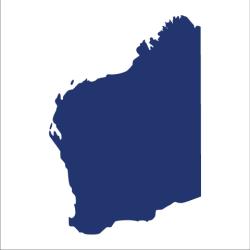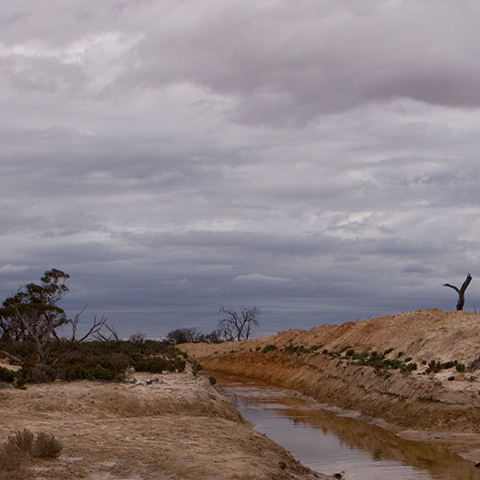
This project was funded by the Australian Government ($1.79 million). Australian Government funding was provided through the National Water Grid Fund.

This project examined the locations and characteristics of brackish groundwater resources. Credit: Department of Environment, Photographer Dragi Markovic.
Project overview
Groundwater can be fresh enough to drink, or saltier than the sea. Brackish water is somewhere between fresh water and seawater.
Most groundwater studies in Australia have considered freshwater resources. But Australia also has large volumes of brackish and saline groundwater. Saline or brackish groundwater could be used in areas where freshwater is scarce. It can be mixed with other water resources or treated to remove salts before use.
This project:
- examined the locations and characteristics of brackish groundwater resources
- explored whether brackish groundwater may be used for different purposes
- assessed whether desalination and other treatments are practical
- assessed whether these treatments are cost-effective and sustainable.
Goals of the assessment
The project aimed to progress the potential use of brackish groundwater resources. This may increase water security or provide water for sustainable economic development. It focused on Western Australia as the pilot area.
The CSIRO explored, mapped and characterised brackish groundwater resources to understand:
- behaviour of different aquifers
- location of suitable aquifers.
The project also considered:
- the uses of water of different qualities and saltiness
- treatment requirements for different uses.
Outcomes of the assessment
The project determined that extensive brackish groundwater resource are available across Western Australia. This provides strong potential to enhance water security and support regional development.
Outcomes were also discussed with agencies and industry. These discussions highlighted the need to:
- target investment
- align policies
- collaborate between agencies, industry and communities
- undertake coordinated action.
Future efforts could focus on implementation, including:
- pilot projects
- innovative brine management solutions
- the integration of renewable energy.
Brackish and saline groundwater resources could also be explored nationally.
Key project benefits
Learn more
- Find out about our Science Program.
- CSIRO’s website on the project.
- Learn about water in Australia.

